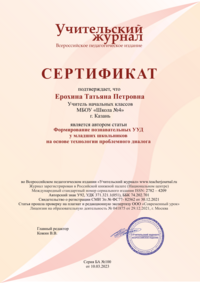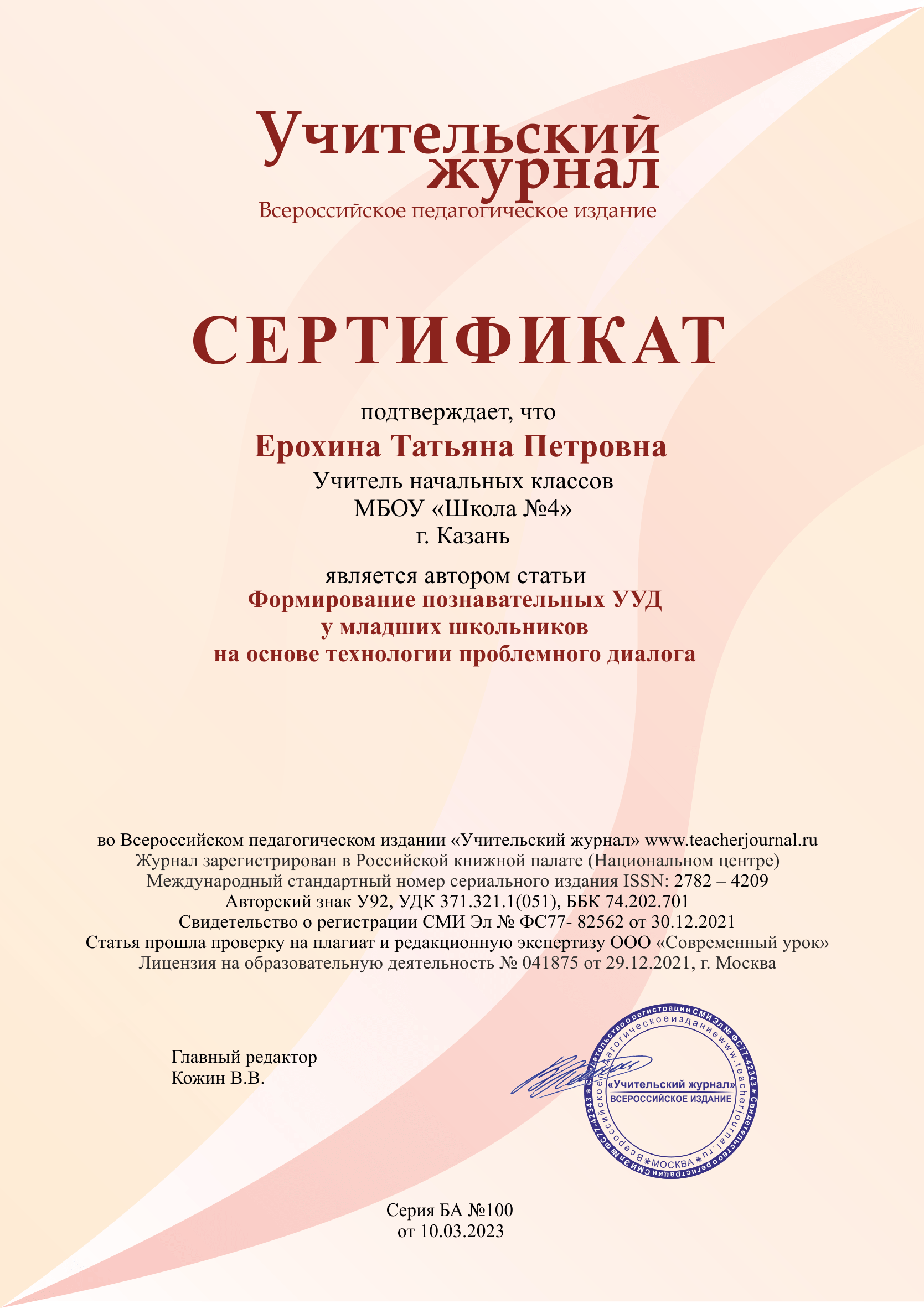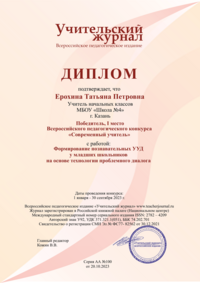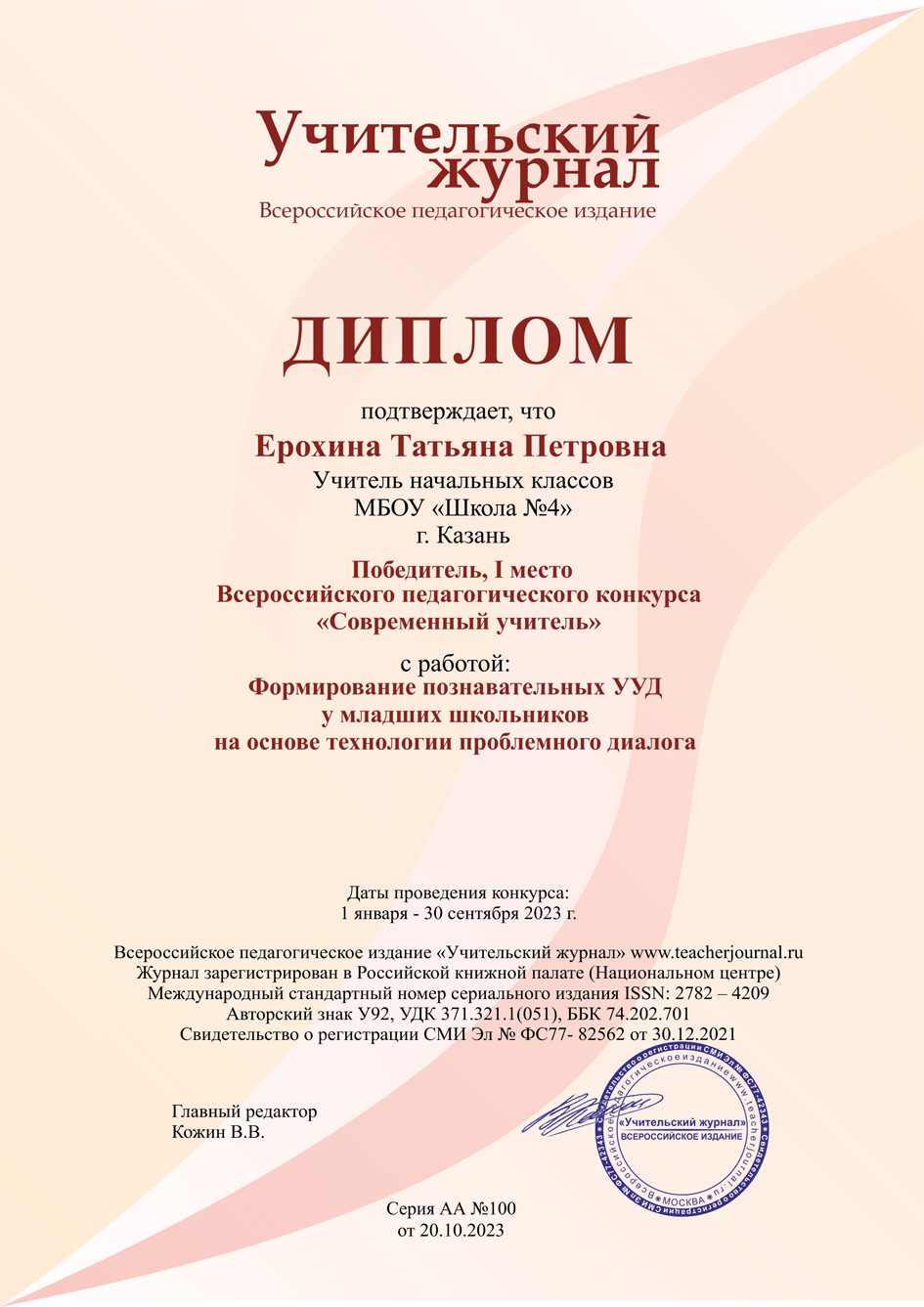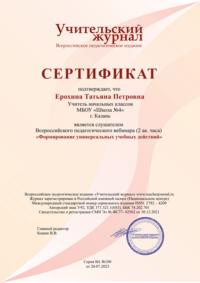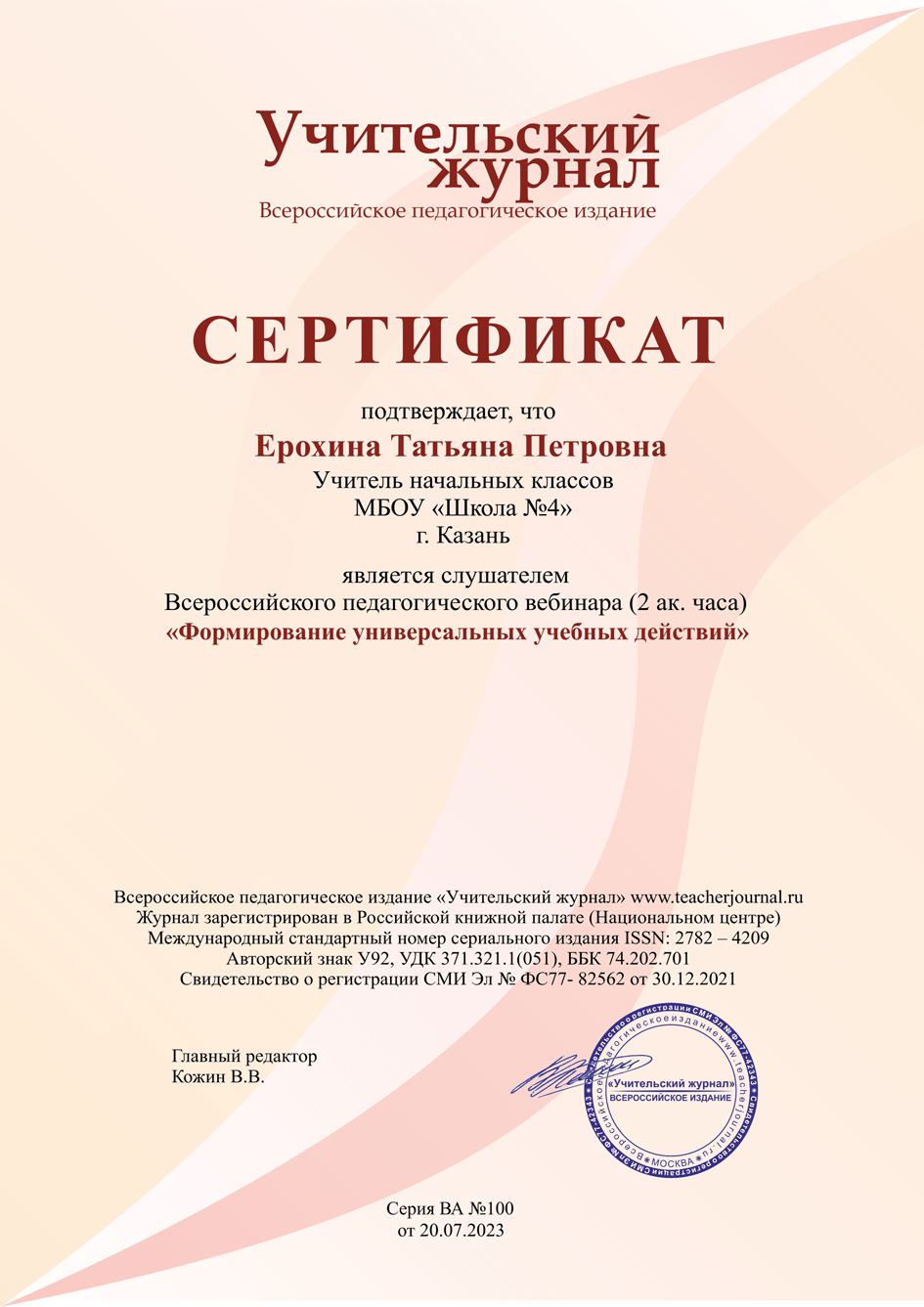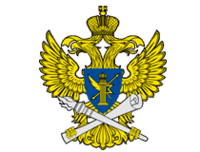Образовательный минимум по английскому языку для 9 класса
Автор: Руденко Галина Петровна
Организация: МБОУ «Средняя школа № 65 г. Мариуполя»
Населенный пункт: Донецкая область, г. Мариуполь
Образовательный минимум
|
Предмет |
Английский язык |
|
Класс |
9 |
|
Четверть |
1 |
MODULE 1 “Celebrations”
Vocabulary
Celebrate, local, national dish, pancake, take place, tradition, firework display, raise money for charity, congratulate, eat a special meal, prom night, graduation party, take pictures, decorate a tree
Grammar
1. Present simple (Настоящее простое время). Употребляется для обозначения регулярно повторяющихся постоянных действий, н-р, когда мы говорим о чьих-либо привычках, режиме дня, расписании.
I go to school every day.
Запомните, что в 3-м лице (he, she, it) к глаголу нужно прибавить – s: He lives in the city.
Указатели времени, употребляемые с Present simple: usually, often, always, every day (year, summer, etc.), on Mondays.
Present continuous (Настоящее продолженное время). Употребляется, когда говорим о событиях, которые происходят сейчас, в момент речи. Для образования данного времени мы используем глагол to be и основной глагол с окончанием – ing.
I am watching TV now. / He is watching TV now. / We are watching TV now.
Present perfect (Настоящее совершенное время). Употребляется для выражения действия, которое уже (только что) завершилось. Время действия не указывается, важен сам факт совершения действия или его результат. Для образования данного времени мы используем глагол to have (has – для 3 лица ед.ч.) и основной глагол в 3 форме.
She has bought this book. – Она купила эту книгу (неизвестно когда, важен факт).
We haven’t done our homework yet. – Мы еще не выполнили домашнюю работу.
Указатели времени, употребляемые с Present perfect: just, already, yet, ever, never, for, since.
Present perfect continuous (Настоящее совершенное продолженное время). Употребляется для выражения действия, которое началось в прошлом, продолжалось в течение некоторого времени и либо закончилось непосредственно перед разговором или все еще продолжается в момент разговора.
Образование: глагол have / has + been + основной глагол с окончанием – ing.
I have been working all day. / He has been listening to music for two hours.
Указатели времени, употребляемые с Present perfect continuous: for, since, how long.
2. Relative clauses (Определительные придаточные предложения).
Употребление:
- who / that употребляются по отношению к людям.
The girl who / that lives nearby is my cousin.
- which / that употребляются по отношению к вещам, предметам.
The shop which / that has just opened is lovely.
- whose употребляются по отношению к людям, вещам или предметам, чтобы обозначить принадлежность.
She is the girl whose father is a pilot.
- when употребляются по отношению кo времени.
That was the year when she finished school.
- where употребляются по отношению к месту.
The gallery where we met is very famous.
MODULE 2 “Life and Living”
Vocabulary
Attic, basement, block of flats, crowded, detached, household chore, porch, resident, vacuum cleaner, dust the furniture, keep a room tidy, sweep the floor, pocket money
Grammar
1. Infinitive (инфинитив). Употребляется:
- после следующих глаголов: agree, decide, hope, plan, promise, want etc.
I decided to come with you.
- после would prefer, would like для выражения предпочтения.
I would like to come to your party.
- после прилагательных
I am glad to see you.
- после too / enough
She is old enough to watch this film.
– ing form. Употребляется:
- после глаголов: prefer, avoid, continue, fancy, mind, practice, suggest etc.
I prefer playing football.
- после выражений It’s no use, It's worth, can't stand etc.
It’s worth seeing this film.
- после предлогов: of, after, for, without etc.
After playing football he had dinner.
2. Too – enough
- too (в значении «слишком») употребляются перед прилагательными и наречиями.
He is too busy to meet you.
- enough (в значении «достаточно») употребляются после прилагательных и наречий.
Не is old enough to drive a car.
Контрольная работа за 1 четверть.
Vocabulary
1. Match the words to make phrases.
|
1 decorate |
A display |
|
2 national |
B night |
|
3 take |
C tradition |
|
4 firework |
D a tree |
|
5 raise |
E party |
|
6 eat |
F dish |
|
7 prom |
G place |
|
8 local |
H money for charity |
|
9 graduation |
I pictures |
|
10 take |
J a special meal |
/ 10
Grammar
2. Fill in the present simple or the present continuous.
1. Mr Cooper always_______________ flowers for his wife’s birthday. (buy)
2. The shop assistant_____________________ the door now. (close)
3. We________________ shopping every Saturday. (go)
4. I__________________ the money at the moment. (count) / 4
3. Fill in the present perfect or the present perfect continuous.
1. It__________________________ for hours. (rain)
2. They____________________________ stamps since 1995. (collect)
3. Mrs Snow ____________________________a fantastic cake. (make)
4. The pupils _____________________________their homework. (do) / 4
4. Choose who, whose, which, where, when.
1. Do you talk about the girl who / whose / which brother is my friend?
2. I sent an email to my sister which / who / whose lives in Norway.
3. Is there a shop where / when/ which sells fruit.
4. I work in the town when / which / where my son lives.
5. I’ll never forget my childhood which / when / whose I was so happy. / 5
Vocabulary
5. Match the words to make phrases.
|
1 block |
A cleaner |
|
2 detached |
B a room tidy |
|
3 household |
C house |
|
4 vacuum |
D of flats |
|
5 dust |
E money |
|
6 keep |
F chore |
|
7 sweep |
G the furniture |
|
8 pocket |
H the floor |
/ 8
Grammar
6. Fill in the correct form: - ing form or Infinitive (with or without "to").
1. The company promised __________________ the furniture by the end of March. (DELIVER)
2. Please stop __________________ and listen to me for a moment. (TALK)
3. Dad let me ________________ my own room. (DECORATE)
4. He always enjoys the chance of ________________ off to his friends. (SHOW) / 4
7. Complete the following sentences with too or enough.
1. The weather is ___________________cold.
2. It isn't warm _____________________.
3. My sister is _____________________young .
4. She isn't old ______________________to drive. / 4
TOTAL / 39
20 – 27 = “3”
28 – 35 = “4”
36 – 39 = “5”
Образовательный минимум
|
Предмет |
Английский язык |
|
Класс |
9 |
|
Четверть |
3 |
MODULE 5 “Art and literature”
Vocabulary
Ability, miniature sculptures, private property, produce, oil paint, portray, water colour, action- packed, audience, box office, science fiction, special effects, cast
Grammar
Comparatives (Степени сравнения прилагательных и наречий).
|
Прилагательные и наречия |
Сравнительная степень |
Превосходная степень |
|
Односложные big |
- er bigger |
(the) - est (the) biggest |
|
Двусложные, оканчивающиеся на – у, - er, - ow, -le easy |
- er easier |
(the) - est (the) easiest |
|
Многосложные beautiful |
more beautiful |
(the) most beautiful |
|
Исключения good, bad, little, many/much |
better worse less more |
(the) best (the) worst (the) least (the) most |
MODULE 6 “Town and community”
Vocabulary
Animal shelter, charity event, donate, foster home, get involved (with), rescue, senior citizen, support, cathedral, destroy, petrol station, postal worker, promotion, return ticket, savings account, single ticket
Grammar
1. The Passive voice (Страдательный залог). Употребляется, когда очевидно или неважно, кто выполняет действие.
The food was cooked. (Еду приготовили.) / The flowers were given by my friend. (Цветы были подарены моим другом).
Образование. Страдательный залог образуется при помощи глагола to be (в нужном времени) и 3-й формы основного глагола.
|
Время |
Аctive |
Passive |
|
Present simple |
make(s) |
am/Is/ are made |
|
Present continuous |
Am/is/are making |
Is/are being made |
|
Past simple |
made |
was/were made |
|
Past continuous |
was/were making |
was/were being made |
|
Present perfect |
has/ have made |
Has/have been made |
|
Past perfect |
had made |
had been made |
|
Future simple |
will make |
will be made |
2. Reflexive pronouns. (Возвратные местоимения).
I – myself, you – yourself / yourselves, he – himself, she – herself, it – itself, we – ourselves, they - themselves
Контрольная работа за 3 четверть.
Vocabulary
1. Match the words to make phrases.
1) miniature a) effects
2) private b) colour
3) oil c) packed
4) special d) office
5) water e) fiction
6) box f) paint
7) action g) property
8) science h) sculptures / 8
|
|
|
|
|
|
|
|
|
|
1 |
2 |
3 |
4 |
5 |
6 |
7 |
8 |
Grammar
2. Fill in the correct comparative and superlative forms.
big - ________________________________________________
long -_______________________________________________
nice -_______________________________________________
happy -_____________________________________________
interesting -_________________________________________
famous -___________________________________________
good -_____________________________________________
bad -______________________________________________ / 8
3. Choose the correct item.
1. He is the cleverest/cleverer of all.
2. She is more/the most hardworking than others.
3. That’s worse/the worst film I have ever seen.
4. My mum is the most/more talented artist in our family.
5. His brother is not as young/younger as his sister. /5
Vocabulary
4. Match the words to make phrases.
1) animal a) involved
2) charity b) reserve
3) foster c) lights
4) get d) shelter
5) senior e) station
6) nature f) account
7) traffic g) ticket
8) petrol h) event
9) return i) home
10) savings j) citizen / 10
|
|
|
|
|
|
|
|
|
|
|
|
1 |
2 |
3 |
4 |
5 |
6 |
7 |
8 |
9 |
10 |
Grammar
5. Complete with reflexive pronouns.
1. I wash______________________ .
2. You wash_____________________ .
3. He washes ____________________ .
4. She washes____________________ .
5. It washes______________________ .
6. We wash ______________________ .
7. You wash______________________ .
8. They wash _____________________ . / 8
6. Fill in the correct passive form of the verb.
1. Last night we _______________________ (invite) to the restaurant. (Past simple)
2. The classroom _________________________ (redecorate) next week. (Future simple)
3. The bridge_________________________(repair) at the moment. (Present continuous)
4. The invitations _______________________already (send) to all the guests. (Present perfect)
5. The Tretyakov gallery_________________________(visit) by millions of people every year. (Present simple) / 5
TOTAL / 44
22 – 30 = “3”
31 – 39 = “4”
40 – 44 = “5”
Образовательный минимум
|
Предмет |
Английский язык |
|
Класс |
9 |
|
Четверть |
2 |
MODULE 3 “See it to believe it”
Vocabulary
Create, creature, extinct, fiction, footprint, investigator, mysterious, similar, species, witness, nightmare, under stress, make fun, image, optical illusion, play tricks
Grammar
Past Simple (Прошедшее простое время). Образуется (для правильных глаголов) путем прибавления - ed к инфинитиву глагола. Past Simple неправильных глаголов образуется путем изменения формы этих глаголов (см. список неправильных глаголов). Past Simple употребляется, когда речь идет о: - действиях, происшедших в прошлом (He called me yesterday.); - последовательных действиях в прошлом. (He woke up, put on his clothes and ran out of the house.) Указатели времени: yesterday, last, ago etc.
Past Continuous (Прошедшее продолженное время). Образуется при помощи формы прошедшего времени глагола to be (was/were) + ing форма смыслового глагола. Past Continuous употребляется, когда речь идет о: - действии, которое происходило в определенное время в прошлом (It was raining the whole day yesterday.); - действии, которое происходило в прошлом и было прервано другим действием. (He was reading a book when his mother came home.) Указатели времени: while, when, all day etc.
Past Perfect (Прошедшее совершенное время). Образуется при помощи had + 3-я форма смыслового глагола. Past Perfect употребляется, когда речь идет о: - действии, которое предшествовало другому действию в прошлом. (She had cooked dinner before her parents returned home) Указатели времени: before, after, until, by etc.
MODULE 4 “Technology”
Vocabulary
Artificial, emotional response, nuclear power, become a reality, discovery, high-tech, invention, overcome a problem, anti-virus, Internet connection, save, store, email account, research, service, surf the Internet
Grammar
1. Способы выражения будущего.
Future Simple (Будущее простое время). Образуется при помощи will + смысловой глагол в 1-ой форме. Future Simple употребляется, когда речь идет о: - сиюминутных решениях (It’s cold outside. – I will put on the coat then.); - прогнозах, предсказаниях на будущее с глаголами hope, think, believe. (I think he will join us.) Указатели времени: tomorrow, next, soon.
Другие способы выражения будущего: - структура be going to (собираться что-то делать); - Future Perfect (Будущее совершенное время). Образуется при помощи will have + 3-я форма смыслового глагола. Употребляется, когда речь идет о действии, которое совершится до определенного момента в
будущем. - Future Continuous (Будущее продолженное время). Образуется при помощи will be + ing форма смыслового глагола. Употребляется, когда речь идет о будущем действии в процессе его совершения в определенный момент в будущем. - Present Simple. Употребляется в значении будущего, когда речь идет о расписаниях. - Present Continuous. Употребляется в значении будущего, когда речь идет о договоренности на ближайшее будущее.
2. Clauses (Придаточные предложения). - Time clauses (Придаточные предложения времени) вводятся при помощи слов when, before, after, as soon as, etc. В придаточных предложениях времени для выражения значения будущего используются глаголы в Present Simple, но не в формах будущего времени. ( I will call you when I finish dinner.) - Clauses of Purpose (Придаточные предложения цели) вводятся при помощи to/in order to, so as/so that. - Clauses of Result (Придаточные предложения следствия) вводятся при помощи слов so / such (a).
Контрольная работа за 2 четверть.
Vocabulary
1. Match the words to make phrases.
1) extinct a) tricks 9) artificial i) a reality
2) foot b) illusion 10) Internet j) virus
3) night c) creature 11) nuclear k) a problem
4) under d) species 12) become l) brain
5) make e) print 13) email m) the Internet
6) optical f) stress 14) overcome n) account
7) play g) mare 15) anti- o) power
8) mysterious h) fun 16) surf p) connection / 16
Grammar
2. Choose the correct forms of the verbs in the past tenses:
1. They left after we ______ the program.
a) had discussed b) was discussing c) discussed
2. My brother ______ very shy in his childhood.
a) was being b) had been c) was
3. What ________ last Monday?
a) happened b) was happening c) had happened
4. It ______ all day yesterday.
a) rained b) was raining c) had rained / 4
3. Choose the correct form.
1. Look at the sky, it is going to / will rain.
2. Mother can’t take me to school today. She has / is having an appointment at the dentist’s at 9:00.
3. I think my brother isn’t going to / won’t do this again, he promised.
4. This time tomorrow we will be flying / will fly to France. 5. Tom is going to do / will have done his homework by Friday. / 5
4. Choose the correct word.
1 Molly closed the door so as not to / so that disturb the sleeping baby.
2 This washing powder is in order / to wash silk fabrics.
3 It was such / so a lovely day that she decided to go to the beach.
4 This film is such / so boring that I'm falling asleep.
5 Please, call me while / as soon as / until you arrive at the station.
6 Don’t sit down until / after / before we ask you. / 6
TOTAL / 31
16 – 21 = “3”
22 – 27 = “4”
28 – 31 = “5”
Образовательный минимум
|
Предмет |
Английский язык |
|
Класс |
9 |
|
Четверть |
4 |
MODULE 7 “Staying safe”
Vocabulary
Come true, human emotion, react, overcome, emergency, endangered species, first aid, balanced, burn calories, dairy product, fizzy drink, follow a diet, lose weight, nutrition, put on weight, rich in
Grammar
1. Conditionals (Придаточные предложения условия)
|
Type 1 (тип 1) |
Придаточное с if |
Главное предложение |
Используется для выражения реальной ситуации в настоящем или будущем.
|
|
If + V1(s) , future simple If I come home early, I will call you. |
|||
|
Type 2 (тип 2) |
Придаточное с if |
Главное предложение |
Используется для выражения воображаемой и маловероятной ситуации в настоящем или будущем. |
|
If + V2 , would + inf.(без to) If I had a good voice, I would become a singer. |
|||
|
Type 3 (тип 3) |
Придаточное с if |
Главное предложение |
Используется для описания воображаемой ситуации в прошлом. |
|
If + had + V3 , would + have + V3 If I had studied harder, I would have passed the exams. |
|||
2. Modals (Mодальные глаголы)
|
Обязательство, долг |
Отсутствие необходимости |
Разрешение/ Запрет |
Возможность |
Способность |
Предложения |
Совет |
|
must have to
|
don’t have to needn’t |
can may mustn’t can’t |
can could may might |
can could be able to |
can shall could would |
should ought to |
You must take care of your parents. (Tы должен заботиться о своих родителях.)
It’s Sunday today. I don’t have to do my homework. (Сегодня воскресенье. Мне не нужно делать дом.задание.) Can I open the window? You mustn’t talk loudly in the library. (Можно мне открыть окно? Вы не должны громко разговаривать в библиотеке.) It might be cold tonight. (Возможно, сегодня похолодает.) He can speak English. (Он может говорить по-английски.) Can I help you? (Я могу тебе помочь?) You should see a doctor. (Тебе следует посетить врача.)
Контрольная работа за 4 четверть.
Vocabulary
1. Match the words to make phrases.
|
1 come |
A diet |
|
2 human |
B calories |
|
3 emergency |
C drink |
|
4 endangered |
D true |
|
5 balanced |
E weight |
|
6 burn |
F emotion |
|
7 first |
G service |
|
8 dairy |
H species |
|
9 fizzy |
I product |
|
10 lose |
J aid |
/ 10
Grammar
2. Use the conditionals I, II, III to complete the sentences.
1. Our teacher_____________ (be) happy if we answer all the questions correctly.
2. If they_____________ (have) enough money, they will buy a new car.
3. If he studied hard, he________________ (pass) the exam.
4. I would send you a postcard if I____________ (have) your address.
5. If Mr Brown_________________ (sell) his car last year, he would have got more money for it.
6. If you had told me the truth, I____________________ (help) you. / 6
3. Complete the sentences with the correct modal verb in italics:
1. You couldn’t / mustn’t / shouldn’t eat so many hamburgers. They're not good for you.
2. You don’t have to /might not/mustn’t use your mobile phone in class.
3. It can / might / couldn’t rain tomorrow.
4. George has travelled a lot. He can / must /should speak many languages.
5. I can hear you quite well. You shouldn’t / needn’t / mustn’t shout.
6. May / Can / Must I come in? / 6
TOTAL / 22
|
|
|
||||||
|
|
|||||||
|
11 – 15 = “3” 16 – 19 = “4” 20 – 22 = “5” |
|||||||
|
|
|||||||


